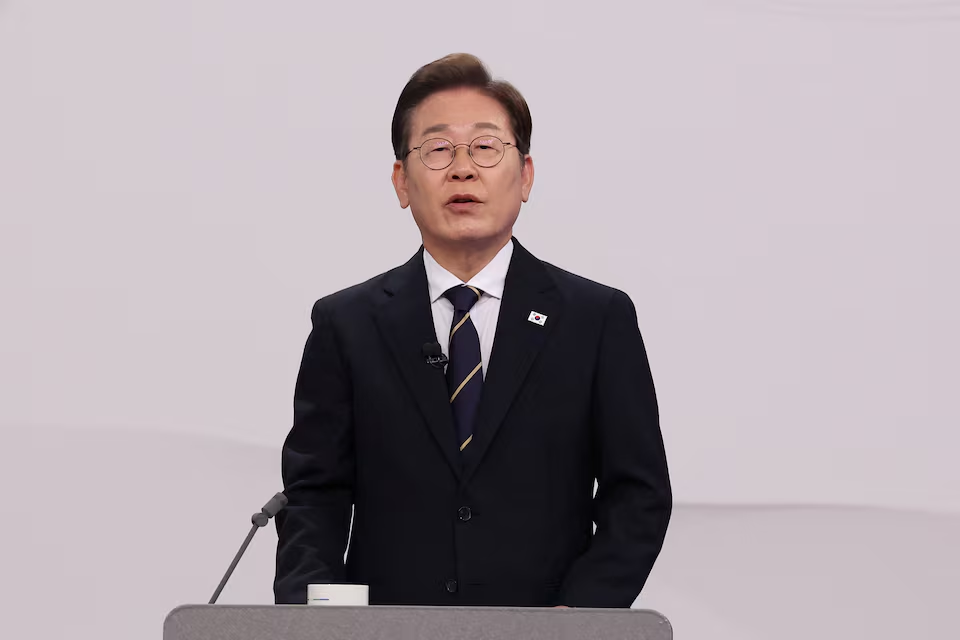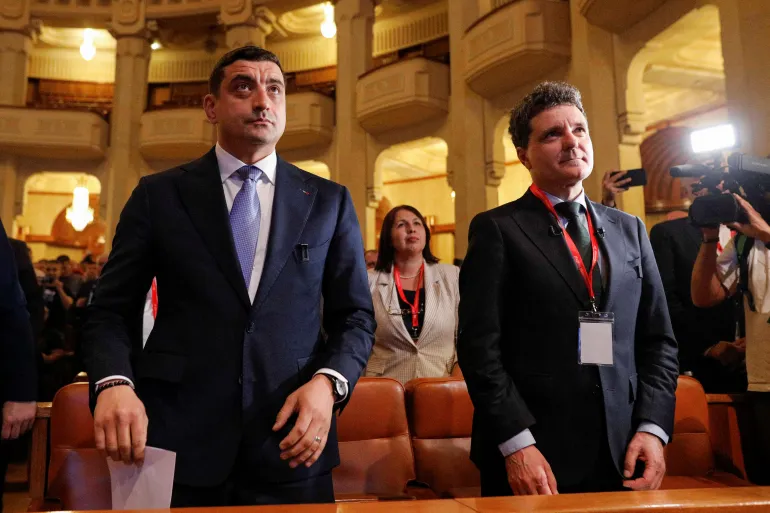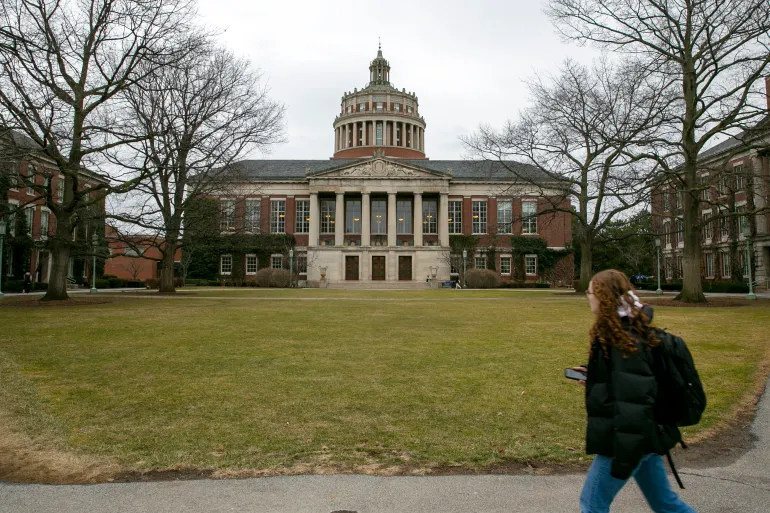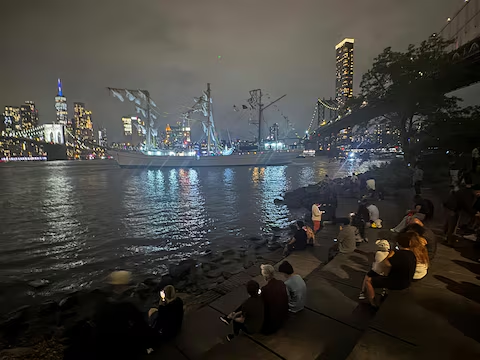South Korean presidential candidate Lee Jae-myung pledged on Sunday to restore the severed inter-Korean hotline with North Korea if elected, signaling a return to engagement and diplomacy amid heightened tensions on the Korean Peninsula.
Speaking at a press event in Seoul, Lee—representing the opposition Democratic Party—stressed the importance of communication and conflict prevention, stating that the absence of dialogue increases the risk of miscalculation and military confrontation. “If I become president, I will immediately seek to reestablish the inter-Korean hotline and resume humanitarian cooperation,” Lee said.
The military and diplomatic hotlines between the two Koreas have been suspended since 2022, following a deterioration in relations after Pyongyang launched a series of missile tests and Seoul responded with expanded U.S. military drills. The communication lines, once used to prevent accidental clashes and coordinate cross-border matters, have remained silent despite repeated international calls for their restoration.
Lee framed his approach as a return to the “Sunshine Policy” tradition of peaceful engagement, drawing comparisons to former presidents Kim Dae-jung and Roh Moo-hyun, under whom inter-Korean ties reached historic highs.
“Dialogue is not weakness—it is wisdom,” Lee stated. “We must prevent war, reduce tension, and prepare for a peaceful future.”
Lee also promised to reopen Kaesong Industrial Complex—a joint economic zone that served as a symbol of cooperation—if North Korea shows willingness to participate. He proposed conditional economic assistance tied to denuclearization benchmarks, while also offering humanitarian aid unconditionally.
The ruling People Power Party, whose candidate has taken a more hawkish stance, criticized Lee’s proposals as “naive” and dangerous. A spokesperson said, “Trusting North Korea without guarantees risks national security. We need deterrence, not delusion.”
Public opinion in South Korea remains divided. While younger voters often favor a tougher line on the North, many older citizens support peace-oriented diplomacy, especially given the increasing volatility in the region and the economic toll of prolonged military standoff.
Lee’s comments come at a time of renewed concern over North Korea’s weapons program, including satellite launches and tactical nuclear threats. The regime under Kim Jong Un has refused dialogue with both Seoul and Washington, demanding sanctions relief as a precondition for talks.
In Washington, a State Department official reacted cautiously, saying the U.S. supports inter-Korean dialogue but stressed that denuclearization remains the ultimate goal. Japan and China have also welcomed initiatives that reduce tensions, though Beijing urged “mutual restraint” on both sides.
As the 2025 South Korean presidential race intensifies, North Korea policy is emerging as a central theme—one that could define the country’s foreign policy trajectory and reshape the balance of power in Northeast Asia.
Whether Lee’s dovish stance resonates with voters will become clearer in the months ahead, but his pledge to reopen lines of communication adds a hopeful—if uncertain—note to a deeply fractured inter-Korean relationship.
Source: Reuters



